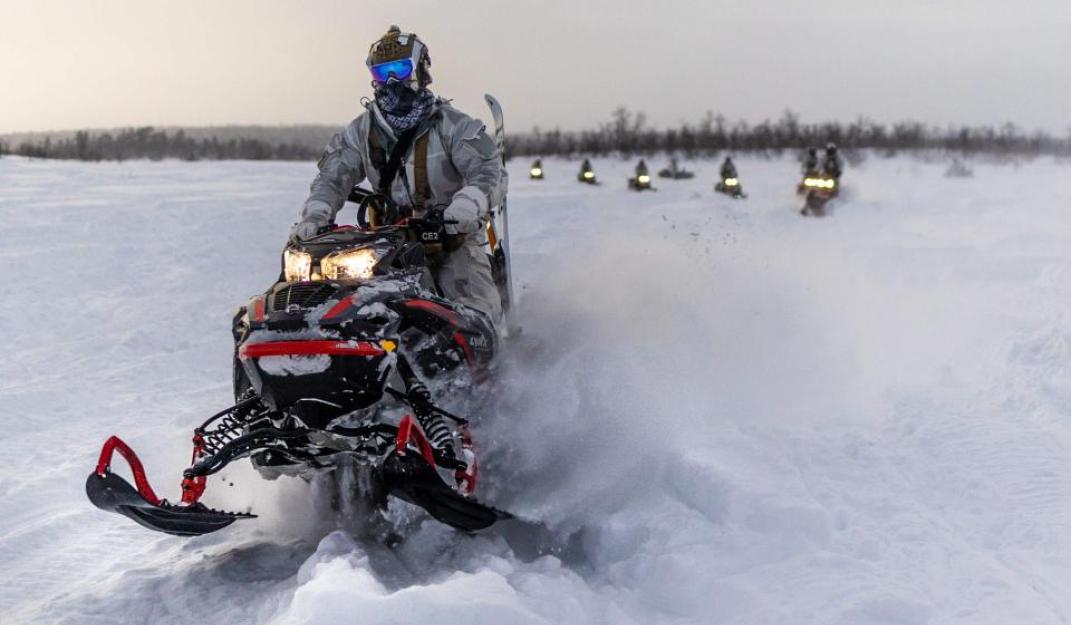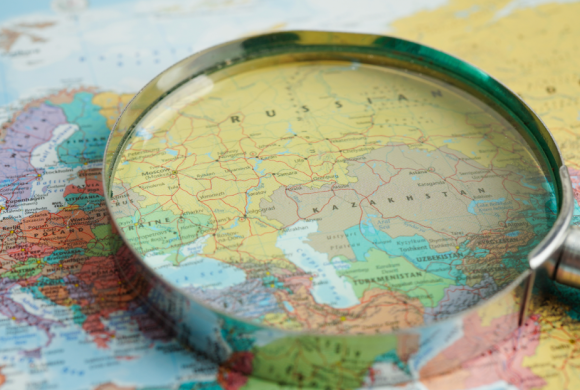Shifts in Arctic security: Ripples of Russia’s war against Ukraine

Russia’s ongoing war against Ukraine has disrupted global security structures, reshaping geopolitical dynamics with repercussions that extend well beyond Eastern Europe. As countries shift their focus and resources in response to the conflict, regions like the Arctic – vulnerable due to rapid climate change and its strategic location – face new and intensified security challenges. These challenges encompass both traditional military concerns, such as defence posturing and territorial stability, and non-military issues such as cyber vulnerabilities, resource competition, and environmental risks.
This policy brief addresses how the war in Ukraine and heightened NATO-Russia tensions have impacted Arctic security since 2022. It begins by examining regional geopolitical shifts, such as the strengthening Sino-Russian partnership and Finland and Sweden’s accession to NATO.
The policy brief then considers economic and energy impacts, noting disruptions to Arctic energy projects and shipping routes due to Western sanctions on Russia, complicating international investments and access to critical resources like rare earth elements.
Next, the authors assess the increasing security threats, including rising militarisation and non-military hybrid challenges. Finally, the policy brief provides conclusions, and it list several topics to be addressed by the Netherlands and partner countries. Although the Arctic Council is referred to in this policy brief, the issue of Arctic governance is not discussed in depth.
Authors
Karen van Loon, Research Fellow at The Clingendael Institute.
Dick Zandee, Senior Research Fellow and Head of the Security and Defence Program at The Clingendael Institute.
For further reading, click here.

Clingendael Institute
Clingendael is an independent think tank and a diplomatic academy, based in The Hague - City of Peace and Justice. We aim to contribute to a secure, sustainable and just world through our analyses, training and public debate. We work with partners across public and private sectors, including policymakers, members of the armed forces, diplomats, politicians and business executives.



